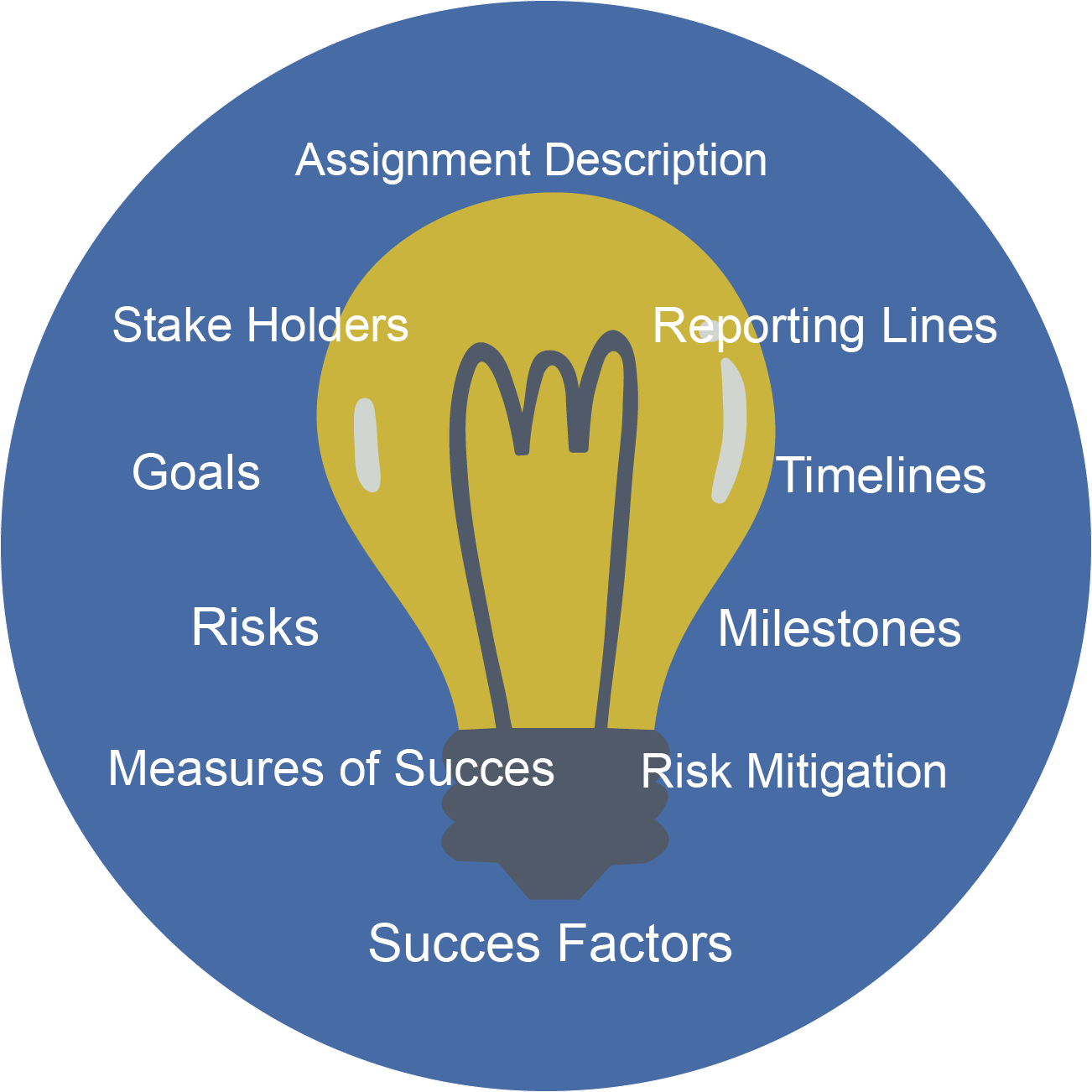Let's Talk About Defining The Assignment
At OCS, we offer our professional services in the form of both projects and resourcing assignments. In either, it is incredibly important to align on responsibilities and expectations. In a project that is fairly simple, as this is all recorded in the project proposal that we create before the project is granted. Since we execute projects under our internal management we know what to expect and how to act and operate.
Resourcing assignments are different. In the majority of cases our consultants join an existing team in which they are the newcomer. As such, it is important to know how the team operates and what your role in that team will be. But even in a newly formed team it is pertinent to know a few essential details to the assignment. That is why each of our resourcing assignments starts with the creation of an Assignment Definition Report.
The Assignment Definition Report, or ADR for short, is written by the consultant, ideally in their first week after the assignment has started. The ADR starts with the names and details of all major stakeholders – including reporting lines. After all, it’s those stakeholders that decide whether the assignment is successful or not. This is followed by a description of the assignment. This helps identify the primary goals. To help assess the success of the assignment in a later stage, the ADR should also describe which are critical success factors and how success if measured. Any potential risks are recorded, including ways on how they could be mitigated. Finally, the ADR describes assignment timelines and milestones.

Once the Assignment Definition Report is written, it is offered to the assignment manager for review and approval. This helps ensure that all parties involved are on the same page, and have the same expectations. From that point onward the ADR is the starting point for periodic progress reporting, which fulfills a similar yet different role throughout the lifetime of the resourcing assignment.


